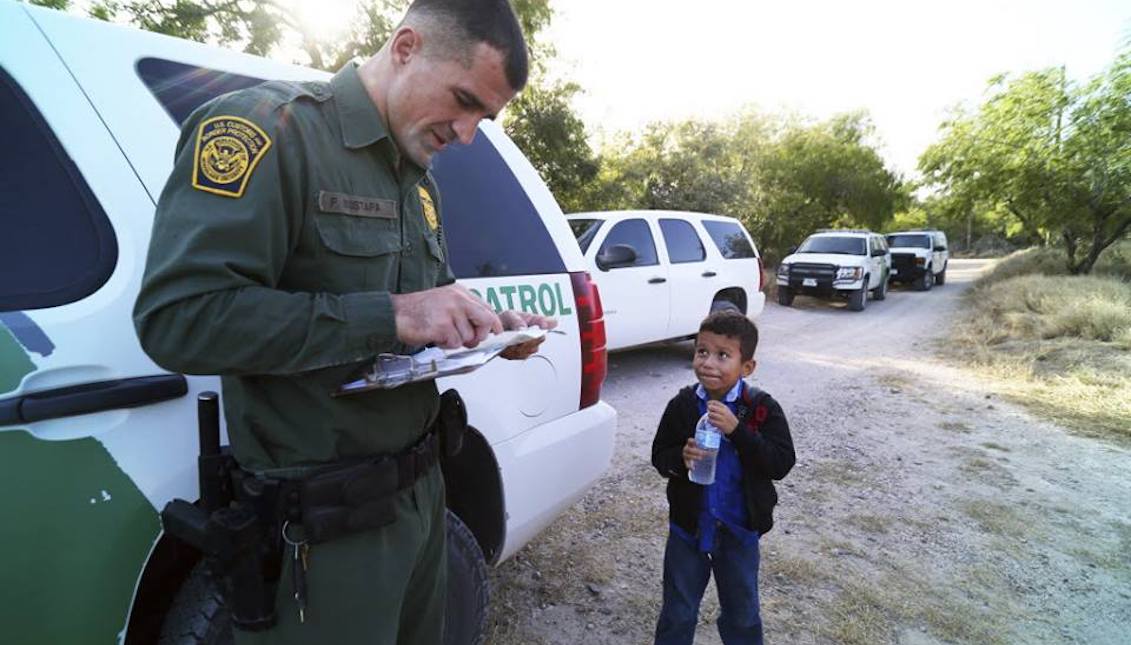
Health and immigration: Trump's 'Zero Funds' policy
Activists and experts warn of the consequences of the diversion of funds from the U.S. health department to solve the immigration crisis caused by President…
Reconciling the migration crisis in the U.S. is becoming increasingly difficult. While the Trump administration and the Republicans insist on working behind the scenes to achieve indefinite detention of immigrant families, thousands of children are still separated from their parents after being apprehended without documents at the border.
During the past few days, a district judge in California rejected the Justice Department's request to revoke the Flores agreement, which prevented the definitive imprisonment of minors, something that the GOP has tried to overcome in order to solve the crisis of immigrant family separation.
However, "some Republicans in Congress are supporting a legislative solution" that could revoke the mandate and allow new immigration measures recommended by the administration, as Roll Call reported.
But where does all the money to imprison families and solve immigration problems caused by the president come from?
From the Department of Health and Human Services (HHS), apparently.
According to Politico, "the health department has quietly dipped into tens of millions of dollars to pay for the consequences of President Donald Trump’s border policy," taking funds from programs such as "rural health programs, medical research, and other priorities."
According to the data collected by Politico, HHS "has burned through at least $40 million in the past two months" on care and attempts to reunite families separated by the government itself. Correspondingly, housing costs have added up to $1.5 million per day.
RELATED CONTENT
Officials have had to "divert" more than $200 million from other department accounts, "even when the White House weighed a request for additional funds for the Department of Homeland Security."
After Federal Judge Dana Sabraw ordered the government to reunite families with children under 5 years old before July 10 and other families before July 26, the government has managed to reunite only about 60 children. Some parents have already been deported and some 40 children are "ineligible for reunification because their parent was found to be unsafe, in criminal custody or not actually the parent," according to a report by Huffington Post.
Given the lack of coordination and efficiency of the government to solve a crisis created from within, both Republicans and Democrats have agreed that it is an emergency that must be resolved.
However, for Emily Holubowich, executive director of the Coalition for Health Funding, improvisation is too serious a collateral. "We have a public health emergency like Ebola, Zika or hurricanes, except this one is manmade," she said. "We should not be taking discretionary funding from programs that need it."
To get an idea of the size of the financial chaos caused by the government's "zero tolerance" policy, the accommodation of the 2,500 children separated by the administration has cost more than $30 million between temporary housing contractors and the care of children in makeshift facilities, only in the last two months, as sources explained to Politico.
In addition, HHS has spent about $10 million on staff (case managers, support and assistance staff), and the transportation of separated families.
The money comes from funds attributed to the refugee office during the last days of the Obama administration (about $ 200 million), of which $17 million were destined to the Ryan White HIV/AIDS program.











LEAVE A COMMENT:
Join the discussion! Leave a comment.